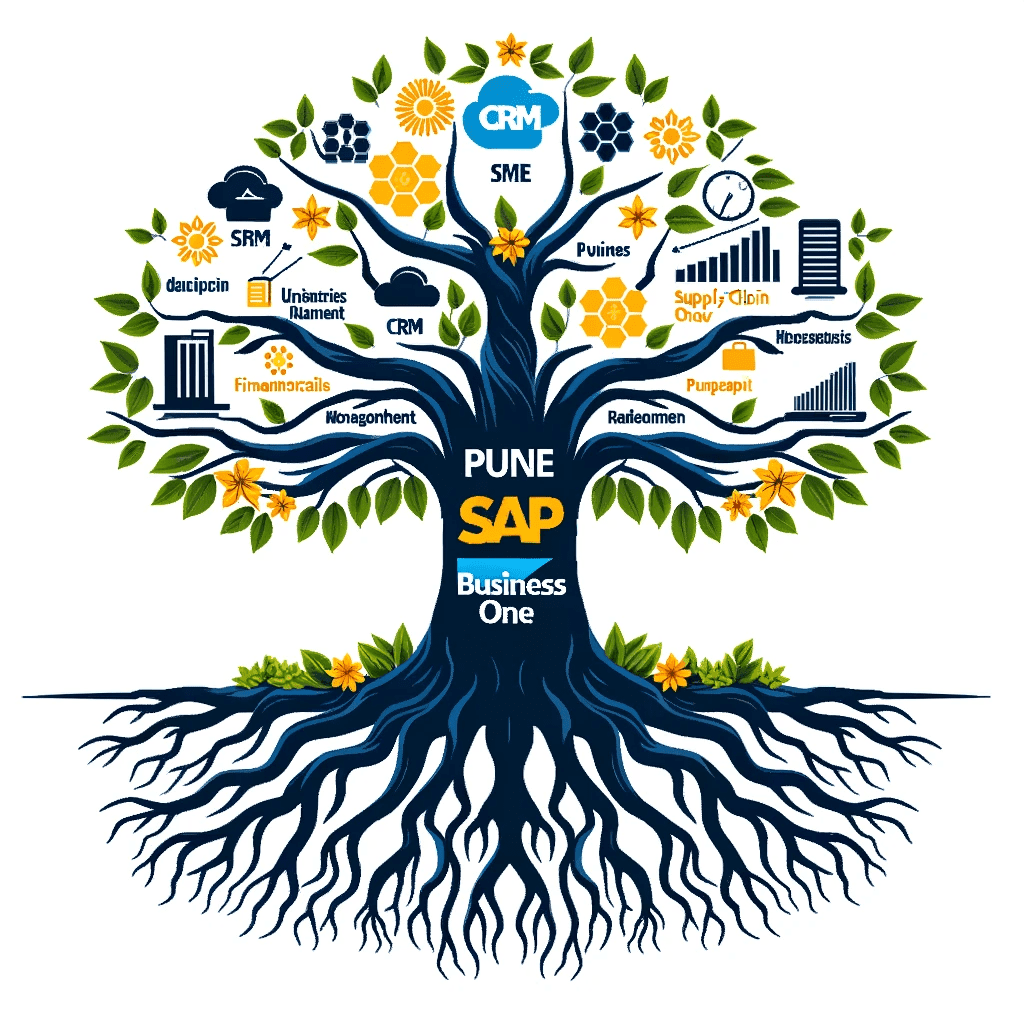In the B2B sector, customer experience is paramount. It’s not just about selling a product or service; it’s about building and maintaining strong relationships with your clients. A positive customer experience can lead to increased customer loyalty, more referrals, and ultimately, higher revenue. In today’s competitive business environment, providing an exceptional customer experience is a […]












